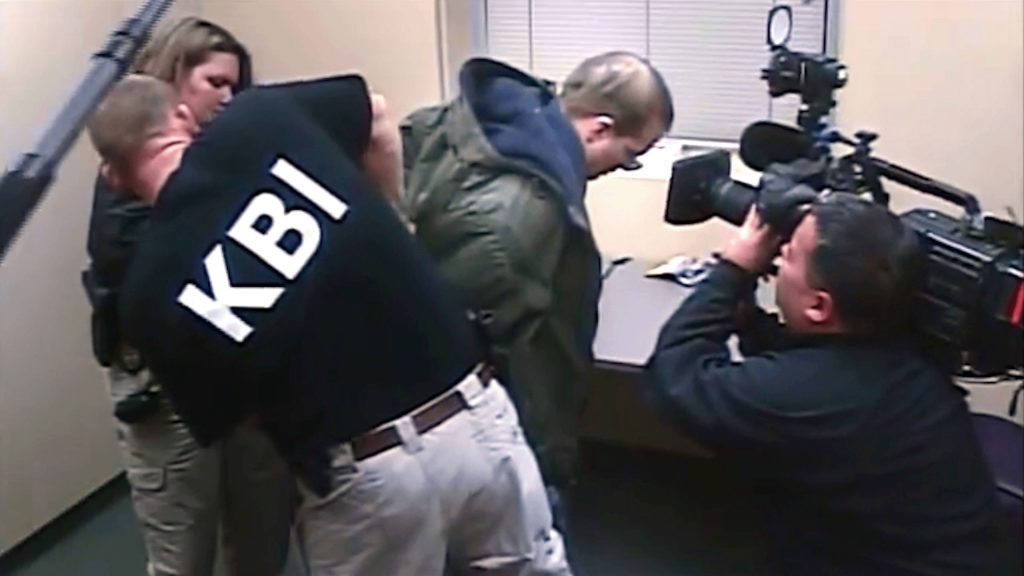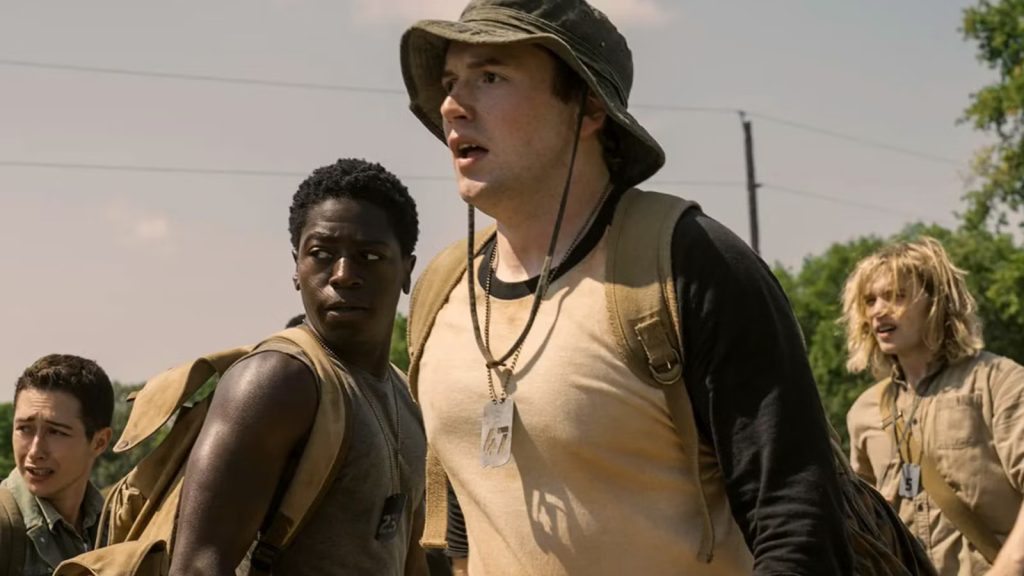It will always seem crazy to me that there is a musical based on The Color Purple. Alice Walker’s 1982 novel (which was brought to the big screen in 1985 by Steven Spielberg) is a tale of generational Black trauma where Black women get the most abuse. Main character Celie spends most of the book getting raped or beaten, either by her dad or the brutish man who takes her as a wife. She has two kids by her old man that get taken away from her. She loses her sister when she rebuffs Celie’s husband’s advances and he kicks her out of his house. She goes through a lot of hell on the way to a much-deserved happy ending.
It’s just weird as hell seeing that same story, but now with musical numbers.
But that’s what you get with the latest iteration of Purple, produced by the ‘85 movie crew of Spielberg, producer Quincy Jones and co-star-turned-powerful-ass-woman Oprah Winfrey. It’s basically their movie all jazzed up with numbers from the 2005 musical, where Pulitzer Prize-winning playwright Marsha Norman wrote the book and veteran R&B songstress Brenda Russell and veteran songwriters Stephen Bray & Allie Willis (she wrote the Friends theme!) composed the tunes. It’s crazy seeing someone talk about pain and sorrow and then immediately break out into song, with dancers and the whole thing. When Sofia (played here by Danielle “Barbecue Sauce on My Titties” Brooks) does her iconic “You told Harpo to beat me” monologue, she then slides into a big, blustery number called “Hell No.”
Brooks reprises her role from the 2015 Broadway revival (which picked up two Tonys and a Grammy). American Idol winner Fantasia Barrino also returns to play Celie, which she did on Broadway in 2007-08 and during a national tour in 2010. Anybody who’s seen Barrino perform knows she is the queen of ugly singing, contorting her face in almost unsettling ways to make you feel all the emotions she’s experiencing while singing a song. Yes, she does that in Purple, but she also does a lot of ugly acting, often sobbing and pouting that bottom lip out to remind that ol’ girl is always going through it.
Just like in the story, she has to cook and clean for the downright despicable Mister (Colman Domingo) and his three kids. The story concentrates on one, ambitious daddy’s boy Harpo (Straight Outta Compton’s Corey Hawkins), who has an on-again, off-again relationship with the mighty Sofia.
For the most part, this Purple (helmed by Ghanian director Blitz Bazuwale, one of the many directors on Beyonce’s musical film Black is King, and scripted by Bay Area playwright Marcus Gardley) has a cast who is ready to go all out in the musical performances. No one does that more than Taraji P. Henson, who steps in to play Shug Avery, the juke joint-singing object of both Celie and Mister’s affections. Yeah, Henson does put her whole foot in every performance, practically daring Oscar voters not to give her a nod for Best Supporting Actress.

Other recording artists pop up, including Halle Bailey (appearing in her second musical remake this year no one asked for) as the young version of Celie’s sister and an unrecognizable H.E.R. as Harpo’s post-Sofia main squeeze. As much as the musical sequences crackle with jumping, jiving energy, they do still seem out of place in a movie that’s mostly about Black people going through a lot of shit. It’s almost like Bazuwale made a Dennis Potter musical for Black folk. But while Potter created dark dramas where the musical sequences were mostly there for surreal irony – dreamy, melodic breaks from the excruciating pain of real life – the songs in Purple are part of the narrative. And it’s just strange seeing Black people sing after they get the shit kicked outta them.
The finale is even stranger, as it actually expects us to have sympathy for Mister once he does his eventual redemptive act. (Mister is one of the greatest pieces of shit ever to come out of Black literature/cinema – just because the charming Domingo plays him this time around doesn’t mean our opinion is gonna change.) Not to mention that the finale, which takes place during an Easter dinner, has the cast dressing up like they’re all at Diddy’s White Party. I think the last thing anybody wants to do right now is be associated with that dude.
There are some peculiar changes in this musical. Since most of the songs have to do with Black women having strength and beauty, there’s no uglying up the ladies. Shug never calls Celie ugly. Although Sofia is supposed to be bruised and limping when she gets outta jail for talking back to a white woman, she actually gets more youthful and attractive as the movie goes on. Not to mention the most musical moment in Spielberg’s movie – Shug and her preacher daddy reconciling – is just pared down to a quiet moment between Shug and her dad (David Alan Grier, who is just 14 years older than Henson).
Look here – if you’re a fan of those gospel plays that made Tyler Perry rich way before he started making movies, you’ll most likely dig this. But, for fans of the original, even a cameo from Whoopi Goldberg – Celie herself! – won’t have you in a nostalgic mood.
C
“The Color Purple” is in theaters on Christmas Day.



